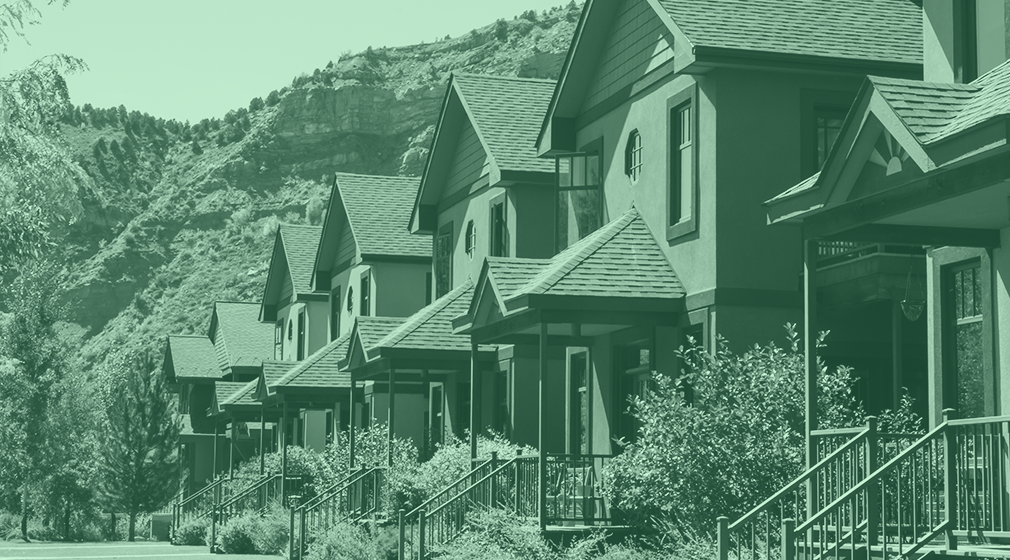Opportunity Cost of a Low Downpayment Mortgage Loan

For Millennials, cash flow is not necessarily a problem, but saving can be a different story. The expenses for a young professional are well-documented: student loan debt, car loan, a nice apartment.
Why would a millennial want to move out of their apartment which could sell for $350k on the market to a $200k house that needs tender love and care?
These are all valid reasons, but it isn’t the crux of the dilemma first-time homebuyers face.
The real opportunity cost of buying your first home isn’t about foregoing experiences and not living the life you want to live. It’s about giving up the idea that you need 20% down. Yes, you’ll pay primary mortgage insurance, but for most, that is a better option than the 20% down and the (considerable) sacrifices that go along with that.
It’s nearly impossible to save for a 20% downpayment single-handedly as a young professional. On a $200,000 loan, it may take ten years to save that $40,000. The low downpayment loan option is a secret weapon for many current renters.
By doing a 3% downpayment loan, you effectively receive a $25,000 incentive to upgrade from renting to owning. That incentive doesn’t leave you “house poor” and allows you to buy that lawn mower, upgrade that kitchen backsplash, and ditch that well-loved Ikea bedroom set you’ve had since college.
Let’s take a look at some hypothetical numbers to see how this might play out:
Option A – 20% down
— $40,000 cash
— No primary mortgage insurance (PMI)
Option B – 3% down
— $6,000 cash
— $95/month in PMI for eight years = ~$9,000
— Probably not staying in your first house for eight years
— All-in, monthly mortgage cost is about the same as renting
Difference
$25,000 = $40,000 – $6,000 – $9,000
In the second model, we don’t have the $25k available. This is the theoretical subsidy your mortgage lender is giving you to get into the homebuying business. Now you aren’t paying somebody else’s mortgage with your rent payment. As mentioned earlier, cash flow isn’t a problem.
If you sell your house 3-5 years later, you most likely will come out on top. Of course, if the value of your home decreases, you may not win but you purchased the house based on a 30-year assumption that you could pay it back. Cash flow is king in residential real estate. Home values don’t matter as long as you have cash flow and can pay what you committed to paying at the time of getting your loan.


